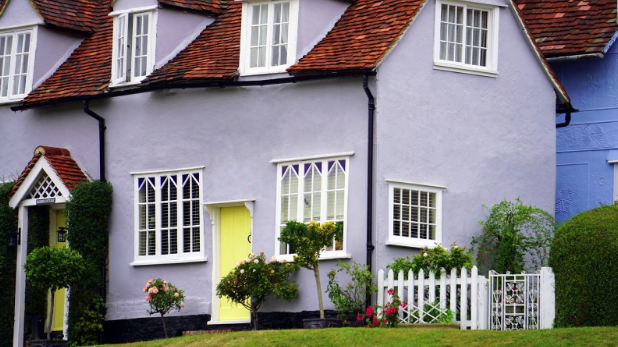 Any avid consumer knows how much of a blessing it is to have a loyalty card from a favorite seller. A diner with a loyalty card from restaurants such as TGI Friday’s will be treated to generous discounts every time they eat there. They may even be entitled to some occasional freebies. An avid coffee drinker at Seattle’s Best Coffee gets treats on their birthday, all because of a loyalty or rewards card.
Any avid consumer knows how much of a blessing it is to have a loyalty card from a favorite seller. A diner with a loyalty card from restaurants such as TGI Friday’s will be treated to generous discounts every time they eat there. They may even be entitled to some occasional freebies. An avid coffee drinker at Seattle’s Best Coffee gets treats on their birthday, all because of a loyalty or rewards card.
The airline industry is among the most successful in maximizing the potential of loyalty cards. Their success might be because of the fact that they are taking rewards to the next level. Rather than just giving freebies to their loyal customers, they give discounts through those customers’ patronage of another product or service that the airlines partner with. Joseph Denardi, an industry analyst, says that as much as 35% of Delta’s earnings and closer to half of American Airlines’ profits come from sales transacted through American Express, a financing company that partners with Delta and American Airlines.
Given the financial success that this strategy brings to key industry players, a question arises: is the loyalty scheme going to be feasible in the housing industry?
Future renovations as a loyalty driver
A house, expensive as it is, really needs a lot of care. It’s not something that you build and just leave to take care of itself. It requires maintenance, repairs, and even updates whenever the needs of the occupants change. When asked about the possibility of applying the rewards scheme in housing, Brian Gaudio, Chief Executive Officer of prefabricated homebuilding company Module, banks on such home needs, especially the last one.
“They will have a life event, have a child, add another roommate, or start renting out a piece of their home on Airbnb to leverage their home for income. They may want to update or finish what they weren’t able to afford at the time of purchase,” he says.
Gaudio’s enthusiasm and support for the idea is telling of how the move can be beneficial to the people in his industry. Established builders such as those at Module and the professionals behind www.darlinghomes.com can take advantage of a good rewards program by making it a source of steady cash flow needed to sustain their presence in the industry.
Granting that the life changes that Gaudio identified really occur, keeping tabs of them through a stable client-builder relationship is the next real challenge. The builders will more often than not lose contact with their clients after the house has been turned over. But a continued relationship is necessary for a rewards program to succeed. How can such a relationship be fostered?
Gaudio says that a lease-to-own program can be good scheme. In this way, a buyer who has a very limited budget will be allowed to own a home at a low cost, provided that they will be paying a certain amount until the end of the lease-to-own contract.
Now, if the lease-to-own model works, another issue presents itself if the rewards program is to work for company. Once all the payments are made, the homebuilder has to ensure that the client is motivated to transact once more with them.
Quite clearly, the company has to make upgrading or renovating the home an attractive option, and they can only do that by giving out discounts, not only on their services but on other aspects that relate to housing. They can, for example, foster partnerships with furniture makers so that clients can close better furniture deals if they enrol with the loyalty scheme.
But all this is a lot of work, and admittedly, a lot of housing leaders are still testing the waters. Should a rewards or loyalty program materialize in the housing industry, it will surely be beneficial not only to the industry’s key players but also to its most avid consumers.

You must be logged in to post a comment Login